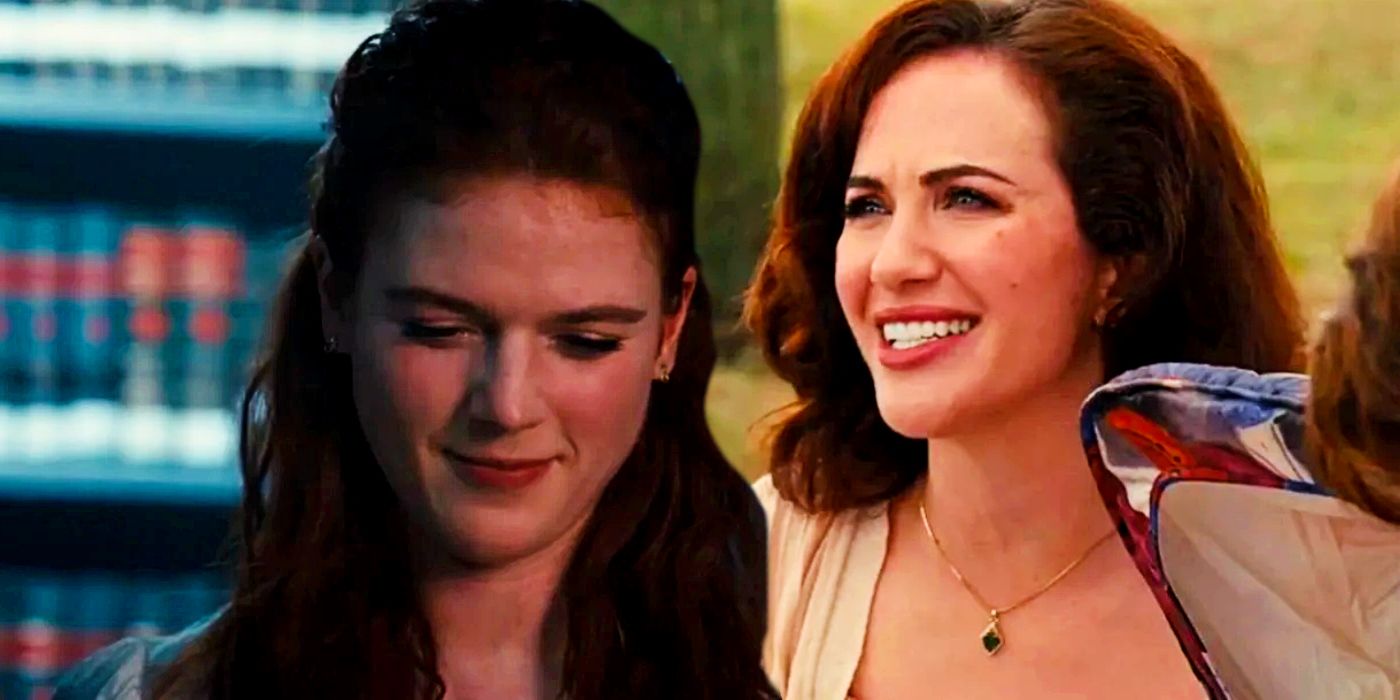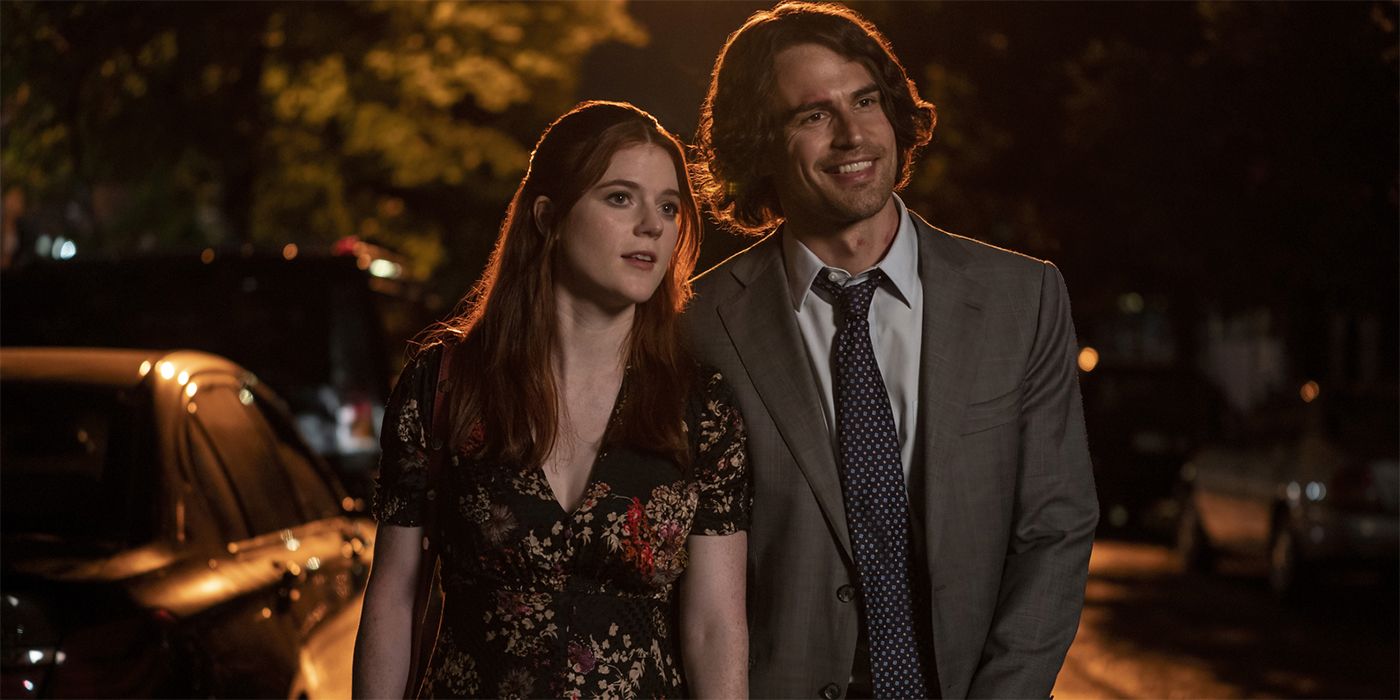
Warning: Spoilers for The Time Traveler's Wife.
HBO Max's The Time Traveler's Wife makes one small change to the book's timeline that actually reframes its central relationship, making it worse. Adapted by Steven Moffat from Audrey Niffenegger's 2003 novel of the same name, The Time Traveler's Wife follows Henry DeTamble (Theo James), a man who lives with his uncontrollable ability to travel through time. The Time Traveler's Wife tells the story of Henry and Clare (Rose Leslie) as they fall in love, overcoming the barrier of Henry's condition to live an incredibly non-linear love story.
As Henry has no control over his time-traveling power, The Time Traveler's Wife is a love story that follows a very unique timeline. Though the show is generally consistent with Niffenegger's novel, there is one key change that's more significant than it may seem. In the novel, Henry's mother dies when he is five years old (in 1969), and Clare is born two years later (in 1971). However, in the HBO Max series, Henry is eight years old when his mother dies, and Clare is eight years younger than Henry. Though it's a small detail, the change is significant, particularly as writer Steven Moffat enjoys including small but deliberate details, and it seems likely that he chose for the two events to coincide.
This actually makes the relationship between Clare and Henry worse. In The Time Traveler's Wife, Henry's mother Annette dies suddenly in a car crash, and the effect this has on him shapes him into the man he becomes. In the book, Clare is shown to be a positive supportive influence without actively guiding Henry, whereas Moffat's timeline change subtly reinforces the idea that she fills a motherly role. By literally having one significant woman in Henry's life be born as the other dies, Moffat creates a subtext that Henry cannot exist without the presence of a woman to mold him.

The change to the timeline subtly implies that Henry is Clare's responsibility. By having his mother's death be his biggest moment of crisis and then having his future wife born at the same point in the timeline, it creates the idea that the two Time Traveler's Wife characters are somehow linked, with Clare acting as a cosmic replacement for Henry's mother. This is evidenced by Clare helping Henry through his darkest moments and being content with their lives despite the hardship of his condition, giving him something concrete and tangible to hold onto.
In doing so, Moffat is entirely missing the point of Niffenegger's original story. The idea of The Time Traveler's Wife is that it's a commentary about how women are molded by society to want or expect certain things, and Moffat's timeline change quietly robs Clare of that depth. Instead, Clare is relegated to the role of caregiver to Henry, which essentially reinforces the very idea that Niffenegger's story was attempting to highlight.
Though the relationship between Clare and Henry is largely unproblematic, the subtext introduced by Moffat's story change is disappointing. Not only does it highlight Steven Moffat's Time Traveler's Wife story problem by undermining the foundations of Clare and Henry's relationship, but it also fails to understand the intent of Niffenegger's original story. The change to The Time Traveler's Wife's timeline may be small, but it seems to deliberately alter the fabric of its central relationship in a way that is far less satisfying than it should be.
New episodes of The Time Traveler's Wife air on HBO Sundays at 9PM EST and release on HBO Max afterward. Subscribe to HBO Max here.
Comments
Post a Comment